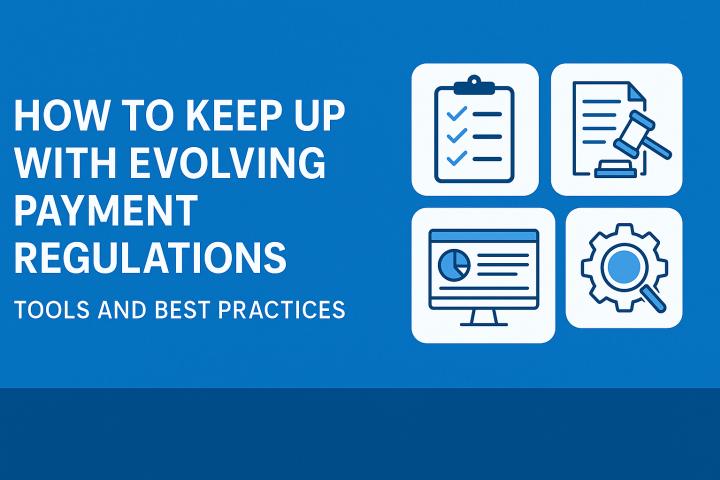As cryptocurrency adoption continues to grow, more startups are considering accepting crypto payments. Whether it's Bitcoin, Ethereum, or stablecoins like USDC, integrating crypto can open up new markets and offer lower transaction fees compared to traditional payment processors. But how do you get started—and what are the tax implications in the U.S.?
1. Choose a Crypto Payment Processor
The easiest way to start is by using a crypto payment gateway. These platforms handle the technical complexity, including wallet creation, payment confirmations, and even automatic conversion to fiat currency.
Popular options:
Coinbase Commerce – Easy to integrate and allows for crypto-to-USD conversion.
BitPay – Supports multiple cryptocurrencies and offers accounting tools.
NOWPayments – Good for businesses that want a wider selection of altcoins.
BTCPay Server – A self-hosted open-source option for maximum control.
These platforms offer plugins for e-commerce platforms like Shopify, WooCommerce, and Magento, or APIs for custom integrations.
2. Integrate with Your Website
Most crypto payment gateways offer plugins and APIs. The basic flow looks like this:
Customer selects crypto at checkout > They’re redirected to a secure payment page > They scan a QR code or copy a wallet address > Payment is confirmed on the blockchain > You receive the crypto or the fiat equivalent.
If you’re using Shopify, you can enable crypto under “Alternative Payment Methods.” For custom sites, APIs let you build the entire experience.
3. Consider Volatility and Conversion
Crypto is volatile. Some platforms allow instant conversion to USD to protect against price swings. You can also choose to hold crypto if you're bullish on its value—but this affects how it's taxed.
4. Tax Implications in the U.S.
In the U.S., the IRS treats cryptocurrency as property, not currency. This has important consequences:
a) Every transaction is a taxable event
When a customer pays in crypto, they are technically disposing of an asset. This means:
They may owe capital gains tax (based on the crypto’s price increase since they bought it).
You, as the business, must report the fair market value (in USD) of the crypto you received as gross income on the date of the transaction.
b) You need to track the value
Use the exchange rate at the moment of the transaction to record income. Many payment processors do this automatically.
c) Sales tax still applies
Crypto is just the payment method—the sales tax rules don't change. If your product or service is subject to sales tax, you must collect and remit it accordingly.
d) Holding crypto creates more tax rules
If you keep the crypto instead of converting it immediately, and then sell or exchange it later, you'll need to calculate capital gains or losses based on how much its value changed.
5. Accounting and Reporting Tips
Use crypto accounting tools like CoinTracking, Koinly, or Cryptio.
Consult a crypto-savvy CPA to ensure compliance.
Keep detailed records of each transaction (date, value in USD, crypto amount, wallet address).
Final Thoughts
Accepting cryptocurrency can give your startup an innovative edge and attract a global customer base. But it comes with responsibilities—especially when it comes to U.S. taxes. With the right tools and guidance, it can be a smooth (and profitable) addition to your business.


















